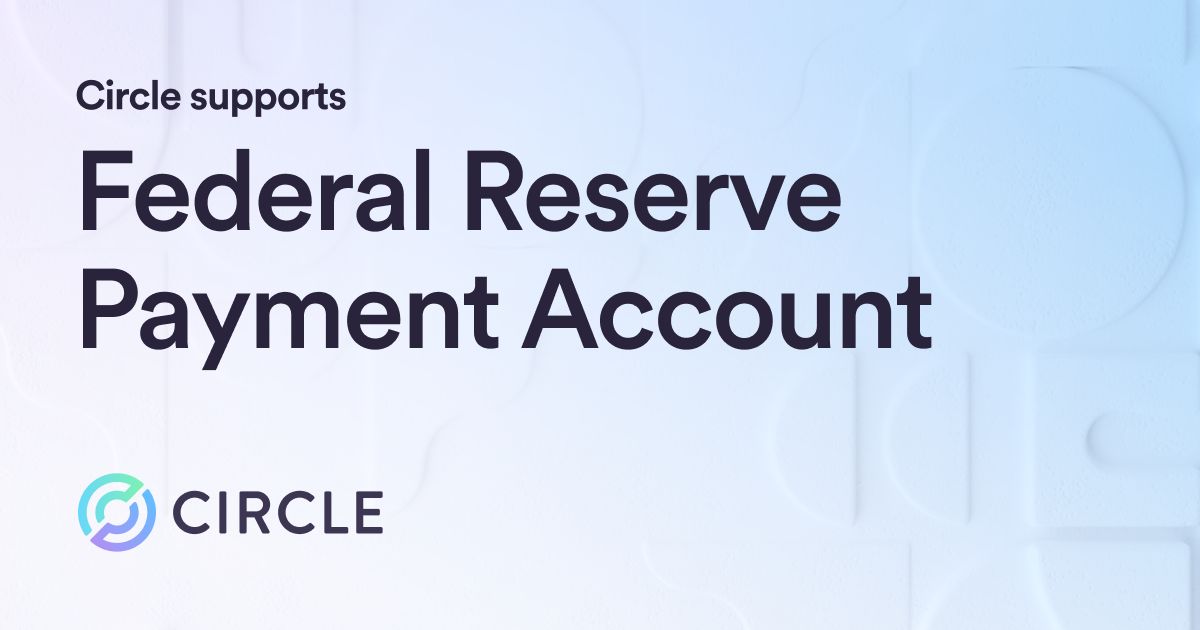Circle submitted its response to the U.K. House of Commons Treasury Committee’s inquiry into the cryptoasset industry. Read on to learn more.

On September 9, 2022, Circle submitted its response to the U.K. House of Commons Treasury Committee’s inquiry into the cryptoasset industry. Through this inquiry, the U.K. Parliament seeks to better understand the opportunities and risks associated with digital assets, and to inform their assessment of establishing a regulatory regime for payment stablecoins as described within the Financial Services & Markets Bill.
One of Circle’s guiding principles is to advocate for a more open, inclusive, and efficient global economic system through the use of digital currencies – which could break down barriers and help individuals and businesses from every corner of the world participate. Our response to the House of Commons Treasury Committee describes how a whole of government approach to developing a clear regulatory regime for digital assets can support the Government’s intention of making the U.K. an innovation hub for cryptoassets, promote innovation and competitiveness, efficiencies, and financial inclusion while ensuring consumer protection.
Circle’s comments in the Call for Evidence response highlight the following points:
- Stablecoins amplify the reach and utility of traditional currencies, while unlocking growth and solving economic problems for businesses and consumers.
- Clear and unified guidance from the government and regulators should be encouraged to promote a stable business environment in which cryptoasset firms can make long term investments.
- The U.K. should focus on regulating cryptoassets in a holistic, balanced, and technology-neutral manner that addresses payment stablecoins, cryptoasset firm registration, and advertising and promotions.
- Payment stablecoins in particular have the potential to facilitate payments optionality for businesses and consumers, and to open doors for financial inclusion.
Key Points and Excerpts from Circle’s Response
Stablecoins other digital assets have the potential to solve economic inefficiencies and bridge the financial inclusion gap.
- “From Circle’s perspective, cryptoassets are not about disruption and substitution; instead, they enable optionality. USDC and EURC are digital representations of dollars and euros that circulate on open, blockchain-based payment rails accessible to anyone… When reliable, trusted digital representations of the dollar, the euro, and (potentially) the pound are onboarded to open public blockchains, the base currencies benefit from their distribution on blockchain rails. The currencies gain the characteristics of programmability, near-free transmission, near-instant final settlement, and global access. Payment stablecoins solve many of the shortcomings of traditional financial payment options including the high-cost of global transmission, limited interoperability, and limited operating hours.”
- “Digital assets can also help increase access to safe, digital financial services precisely because many digital asset financial institutions are not banks. As stated above, many Britons may choose to be unbanked because they don’t trust banks or are afraid to incur overdraft fees or take on debt they cannot afford. Today, they can access digital financial services through nonbank digital asset financial institutions… Circle believes that not only can unbanked and underbanked Britons still access affordable, safe, digital financial services through non-bank means, but that these populations may be more likely to adequately meet their needs through non-bank financial services, including those built on digital assets.”
A unified, whole-of-government approach would encourage responsible innovation and growth of the burgeoning digital asset economy while protecting consumers.
- “While well-intentioned, the Government’s approach to regulate cryptoassets over the past half decade has been sporadic, uncoordinated, and incomplete. Messaging from officials often conflicts, leaving the industry vacillating between expansion plans and escape hatches. Circle urges the Government to set a strategic, informed, consistent, long-term course for crypto investment and innovation in the U.K. and execute it. Because efforts so far have not followed this principle, they have been cumbersome and not as effective as they could have been - largely made up of discouraging warnings and CEO letters, disjointed or isolated policies, and attempts to ‘square peg, round hole’ cryptoassets into unsuitable existing regulatory regimes.”
- “The U.K. has a history of stewarding financial innovation and attracting global talent and investment. To ensure that it continues to lead globally, it should establish activity-based, technology-neutral regulation. Additionally, it should take care to distinguish different classes of digital assets based on their economic behaviour rather than combining disparate innovations into one basket… Ultimately, the result is middling performance in both aspects: U.K. regulation does not fully protect consumers and businesses because regulation is haphazard or pushes firms offshore (where they can still serve U.K. residents with unregulated services). Simultaneously, the lack of regulatory clarity inhibits long term investment, stifles innovation, and leaves consumers vulnerable.”
A holistic and balanced regulatory framework towards digital assets in the U.K. would go far in the country’s push to be a hub for innovation in the financial sector.
- “The growth of the cryptoasset industry is an opportunity for the U.K. to advance its position as a leading hub for global financial services. Fostering responsible cryptoasset innovation in the U.K. has the potential to add thousands of jobs and billions of pounds of economic growth and foreign direct investment. Conversely, the lack of regulatory clarity in the U.K. is hampering innovation and growth, and investors and firms are making the difficult decision to leave in favour of other jurisdictions with clear rules of the road, thus luring investment and skills away from the U.K.”
- “There are opportunities for the U.K. to lead in the cryptoasset industry, but they are rapidly closing. Global leaders such as the United States, the E.U., and Japan are advancing bespoke, well-tailored regulatory frameworks for their cryptoasset industries and leaning into industry growth. The U.K. has a narrow window in which it can retain its legacy as a financial innovation centre. Otherwise, it will find itself displaced by more forward-thinking jurisdictions.”




